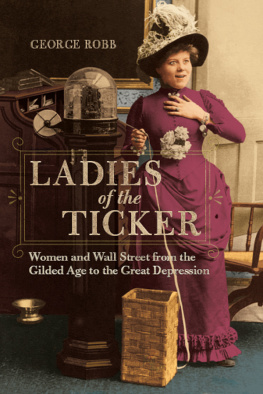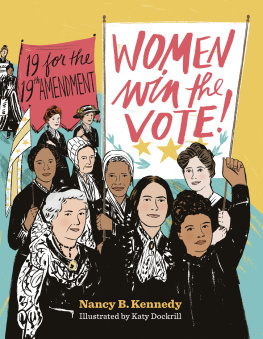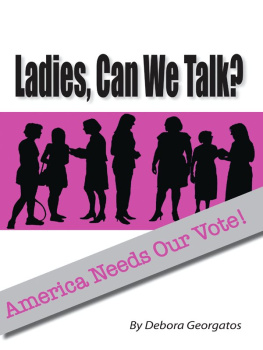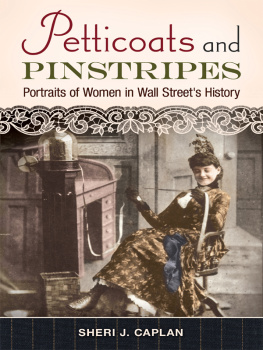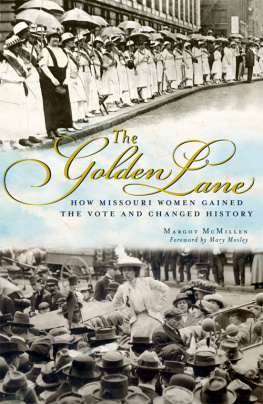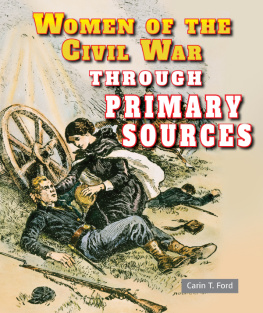The research and writing of a book can be a long, lonely, and expensive endeavor, so I am grateful to the many institutions and individuals that provided me with assistance. The president and provost of William Paterson University granted me a sabbatical leave in 20078, during which I began the project. Subsequent travel grants and release time from teaching enabled me to complete the book. My research assistant, William Peniston, helped in ways too numerous to detail.
I owe an enormous debt to many librarians and archivists, especially those at the New York Historical Society; the New York Public Library, Research Division; and the Boston Public Library. I am also grateful for assistance from Janet Linde at the New York Stock Exchange Archives; Kristin Aguilera at the Museum of American Finance, New York; Shaun Kirkpatrick at the ACE Insurance Archives, Philadelphia; Paul Israel at the Thomas Edison Papers, Rutgers University; Amanda E. Strauss at the Schlesinger Library, Harvard University; and Gail Malmgreen of the Newark Archives Project.
I could never have completed this book without the enormous generosity of my colleagues and friends. Janette Rutterford, Timothy Alborn, David Koistinin, Bonnie Anderson, and Elaine Schwartz discussed different aspects of my research with me, providing valuable suggestions and leads. Amy Froide, Antoinette Burton, Patricia Cleary, and Lucia McMahon read and commented on certain chapters. The book has especially benefited from the astute suggestions of Nancy Henry and Ginger Frost, who kindly read the entire manuscript.
I would additionally like to thank the anonymous readers for the University of Illinois Press for providing intelligent, insightful, and constructive suggestions. The final book has certainly benefited from their advice. I must also thank my copyeditor, Angela Arcese, for her fine work and meticulous attention to the smallest details. Lastly, I am indebted to my editor at the press, Dawn Durante, for carefully shepherding the book through review and production. She made what is often a tedious and painful process a pleasure.
GEORGE ROBB is a professor of history at William Paterson University. He is the author of White-Collar Crime in Modern England and British Culture and the First World War.
Bibliography
Primary Sources
MANUSCRIPT SOURCES
ACE Archives, Philadelphia:
Insurance Company of North America Records.
Franklin D. Roosevelt Library, Hyde Park, New York:
Eleanor Roosevelt Papers.
Newark Public Library, Charles F. Cummings New Jersey Information Center:
Mutual Benefit Life Insurance Company Records.
New Jersey Historical Society:
Fidelity Trust Company Records.
New York Historical Society:
G. V. Fox Papers. Series X, volume 4, Property Book.
Morton, Bliss and Company, Stockbrokers. Ledgers, 6 volumes (18841899).
Letter Books of George Bliss, 12 volumes (18761891).
George P. Butler and Brother, Stockbrokers. Ledgers, 4 volumes (19051910).
Letter Books, 3 volumes (19061910).
New York Stock Exchange Archives:
Admissions Committee. Minute Books.
James Mitchell. Scrapbooks.
Special Committee on Bucket Shop Organizations.
William C. Van Antwerp. Letter Books.
Prudential Insurance Archives, Newark, NJ:
Company flyers.
Schlesinger Library, Harvard University:
Bureau of Vocational Information Archives.
BOOKS
A Banker's Daughter. A Guide to the Unprotected in Everyday Matters Related to Money and Income. London: Macmillan, 1863.
Bartlett, Frederick Orin. The Wall Street Girl. New York: Houghton Mifflin, 1916.
Boyesen, Hjalmar Hjorth. A Daughter of the Philistines. Boston: Roberts Brothers, 1883.
Brandeis, Louis. Other People's Money and How the Bankers Use It. New York: F. A. Stokes, 1914.
Byrnes, Thomas. Professional Criminals of America. New York: Cassell, 1886.
Campbell, Helen. Mrs. Herndon's Income. Boston: Roberts Brothers, 1886.
Clews, Henry. Twenty-Eight Years in Wall Street. New York: Irving, 1888.
Clews, James Blanchard. Fortuna: A Story of Wall Street. New York: J. S. Ogilvie, 1898.
Courtland, Grace. The Kings of Wall Street, or The People vs. Monopoly. Np, 1881.
. A Marked Life: Autobiography of a Clairvoyant. London: Low, 1879.
Cromwell, John Howard. The American Business Woman: A Guide to the Investment, Preservation and Accumulation of Property. New York: G. P. Putnam's Sons, 1900.
Day, Clarence. Life with Father. New York: Modern Library, 1920.
Deland, Margaret. The Iron Woman. New York: A. L. Burt, 1911.
Denison, Thomas Stewart. An Iron Crown: A Tale of the Great Republic. Chicago: T. S. Denison, 1885.
Dickinson, Anna. A Paying Investment. Boston: James R. Osgood, 1876.
Dodge, Grace. What Women Can Earn. New York: Frederick A. Stokes, 1899.
Dreiser, Theodore. The Financier. New York: Harper and Brothers, 1912.
Flagg, W. J. Wall Street and the Woods, or Woman the Stronger. New York: Baker and Taylor, 1885.
Fowler, William Worthington. Twenty Years of Inside Life in Wall Street. New York: Orange Judd, 1880.
Frazer, Elizabeth. A Woman and Her Money. New York: George H. Doran, 1926.
French, Alice. The Lion's Share. Indianapolis: Bobbs-Merrill, 1907.
Gilman, Charlotte Perkins. Women and Economics. 1898. Reprint, New York: Harper and Row, 1966.
Hale, Edward Everett. Sybil Knox, or Home Again: A Story of Today. New York: Cassell, 1892.
Hannaford, Phebe A. Women of the Century. Boston: B. B. Russell, 1877.
The Hardships of English Law in Relation to Wives. London, 1735.
Herrick, Robert. The Gospel of Freedom. New York: Macmillan, 1898.
Hill, Joseph A. Women in Gainful Occupations, 1870 to 1920. Washington, DC: GPO, 1929.
Hyne, C. J. Cutcliffe. Kate Meredith, Financier. New York: The Authors and Newspapers Association, 1906.
Keenan, Henry. The Money-Makers. New York: D. Appleton, 1884.
Kirk, Ellen Warner. Queen Money. Boston: Ticknor, 1888.
Lefevre, Edwin. The Making of a Stockbroker. New York: Doubleday, 1924.
. The Reminiscences of a Stock Operator. New York: George H. Doran, 1923.
Mott, Bessie Q. An American Woman and Her Bank. New York: Doubleday, Doran, 1929.
Nichols, J. L. Safe Methods of Business. Naperville, IL: J. L. Nichols, 1907.
Norris, Frank. The Pit: A Story of Chicago. New York: Curtis, 1902.
Oldham, Mary Kavanaugh, ed. The Congress of Women: Held in the Woman's Building, World's Columbian Exposition, Chicago, U.S.A., 1893. Chicago: Monarch, 1894.
Penny, Virginia. The Employments of Women: A Cyclopedia of Women's Work. Boston: Walker, Wise, 1863.
Percy, H. C. Our Cashier's Scrap-Book. New York: G. W. Carleton, 1879.
Pinto, Erasmus. Ye Outside Fools! Glimpses Inside the London Stock Exchange. London:
Lovell, Adam, Wesson, 1877.
The Sayings of Uncle Rufus. New York: Jesse Haney, 1881.
Seward, Anne. The Women's Department. New York: Bankers Publishing, 1924.
Sinclair, Upton. The Moneychangers. New York: B. W. Dodge, 1908.

